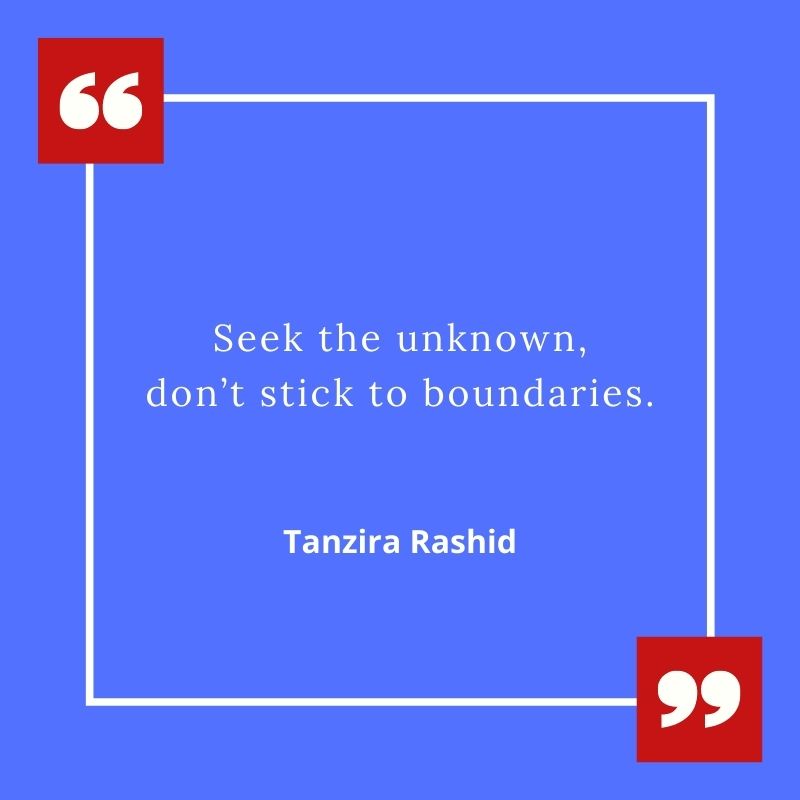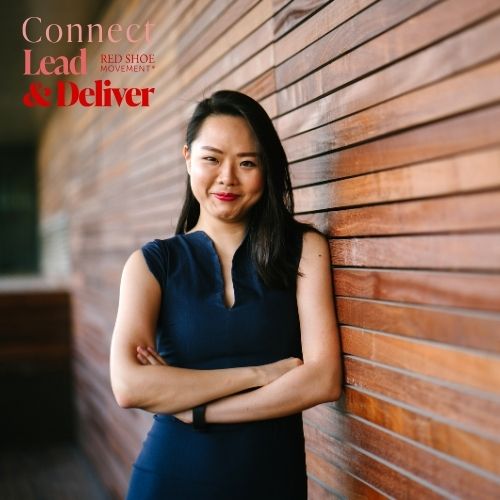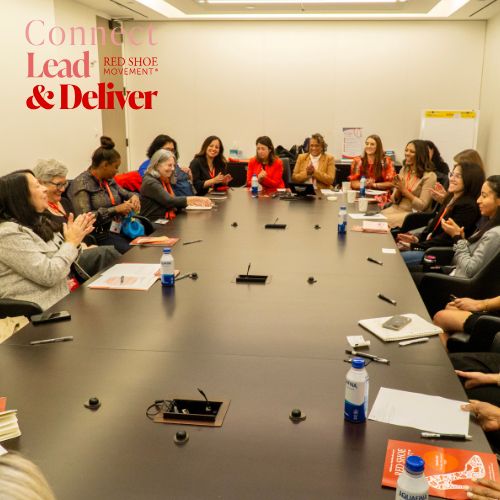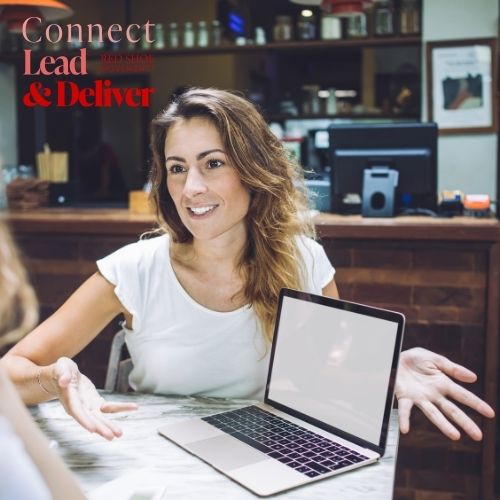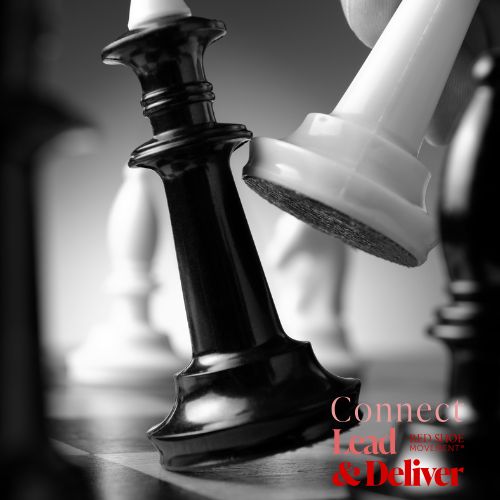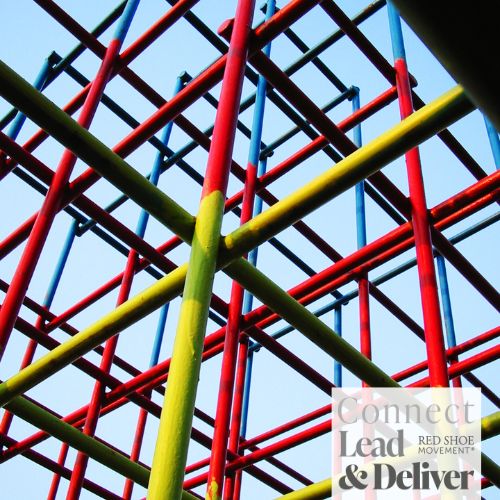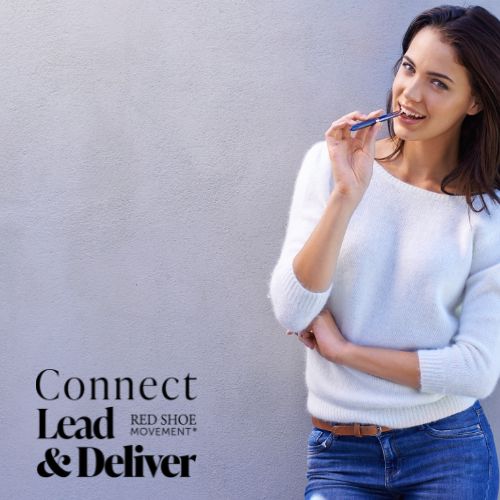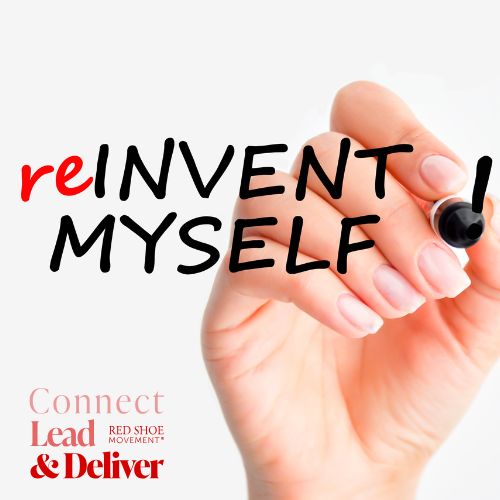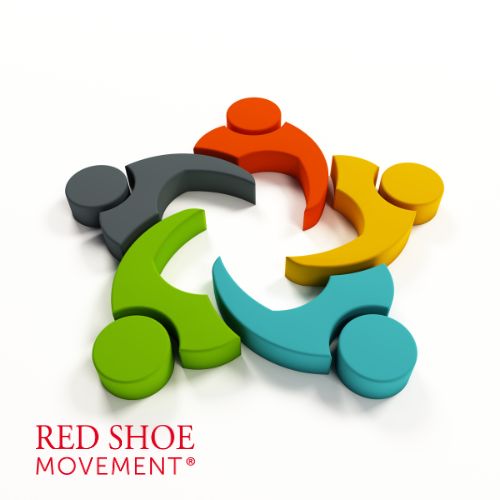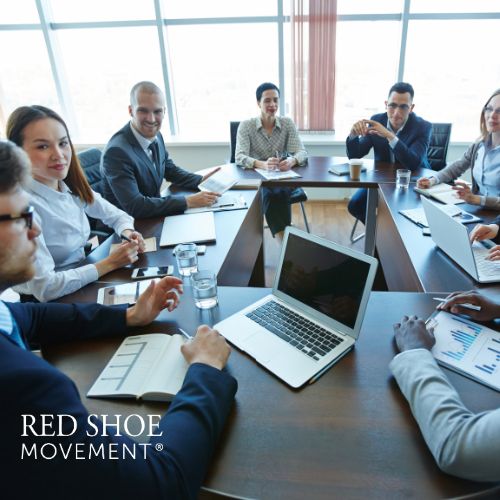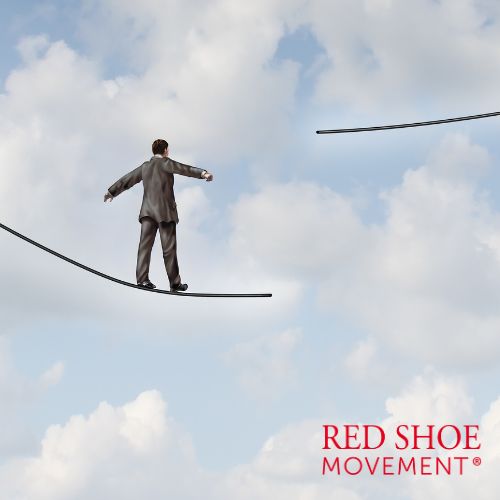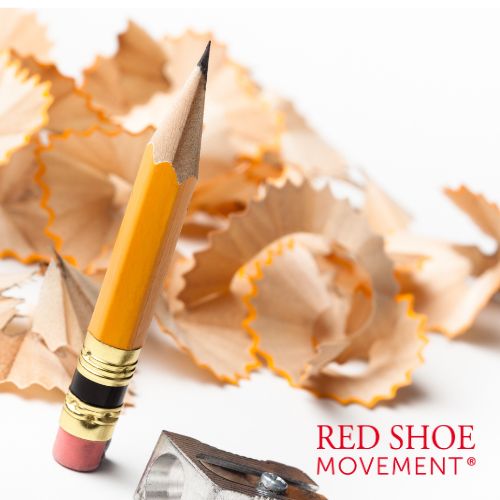Ever wonder what’s the story behind the women in construction? Traditionally, such a man’s job, why would women even think to go into it? Today, Tanzira Rashid, an 18 year-old studying Civil Engineering at Rensselaer Polytechnic Institute in New York, shares her insight. Hold on to your seat!
Zig Ziglar once said, “There’s no elevator on the way to success, you have to take the stairs.” And our interviewee knows this very well. She has been quite literally building her own successful road.. She decided to study Civil Engineering because of her love for construction, but this wasn’t always her plan.
“Coming from an immigrant family I wasn’t really exposed to much, just because my parents didn’t know much. My dad was a taxi driver and my mom was a stay-at-home mom.In their minds they came to America for the American dream, to have successful kids, so pretty much they thought the only way to become successful was to become a doctor,” says Tanzira, who is a first generation American, of Bengali descent. “I ended up getting into a high school with construction trades, engineering and architecture tracks.”
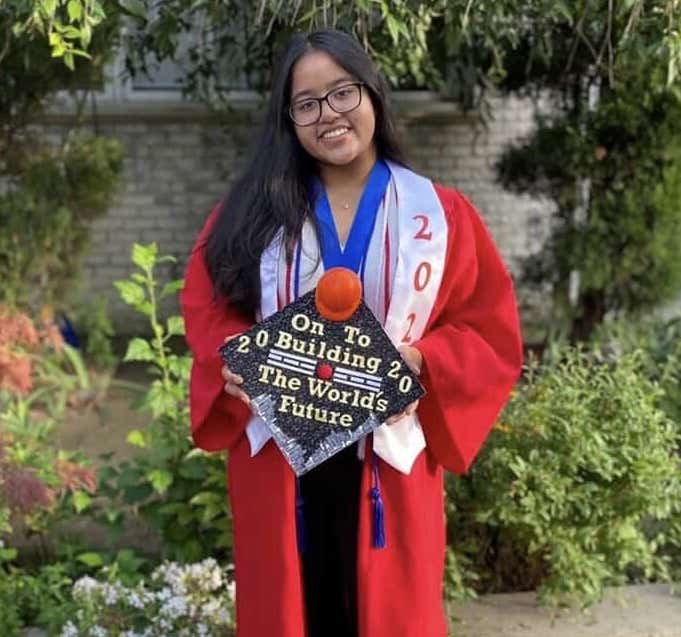
Defining a path as part of women in construction
SOL FELDSZTEJN–When did you realize you actually liked this field?
TANZIRA RASHID–In high school I learned electrical work and carpentry work, and I really liked carpentry. I wanted to go to trade school, but I also wanted to work in construction overseeing everything, being able to read and create the plans, and being in charge. Then in 10th grade I got an internship with a company that did water treatment and my supervisor was a Civil Engineer and I ended up actually getting really interested in it, and I got to go on sight visits. From them I found out about Tools and Tiaras, and that’s when I realized I actually liked this construction field and that I wanted to pursue it in the future.
Tools and Tiaras is this nonprofit that exposes young girls and women to hands-on projects in different areas of the construction industry through different activities and programs creating a pipeline of women in construction.
SF–What is your experience like at Tools and Tiaras?
TR–They’re amazing. You get to meet other tradeswomen that are in fields that I would have never known. There are so many women who really motivated me and empowered me to be like “ok, I can do this, and this isn’t just for men”. The first year I went to summer camp with them it was very hands-on, for instance we got to build bookshelves to donate. It was a really nice experience, very humbling and inspirational.
It’s like a big family. We all help each other out. Since I’m more of a younger team member, some of them allow me to go on job sites with them and tour some of the sites, seeing how they work. The older ones help each other find jobs and spread information. We just want each other to succeed and achieve our goals. So it’s a very safe place.
Tanzira participates in many programs, projects and organizations. “During high school I really wanted to explore what I wanted to do in the future, so I took a lot of the opportunities that were presented to me. And one was the Cooper Union Saturday Program. We had to think of a problem and create a prototype, gadget, or something that could solve or alleviate it. So one of our group members had an autistic cousin, and we thought about some issues that came up with that, and one is that these kids like to wander and sometimes they can get lost. But it’s also very good for them to go out and walk and experience the world. So we built up a prototype of connecting bracelets where one would be on the child and the other one on the parent, and after a certain distance, if the child goes too far, the parent’s bracelet would start beeping, so they could check on their kid and make sure they’re ok. We ended up getting first place, so it was a really nice experience.”
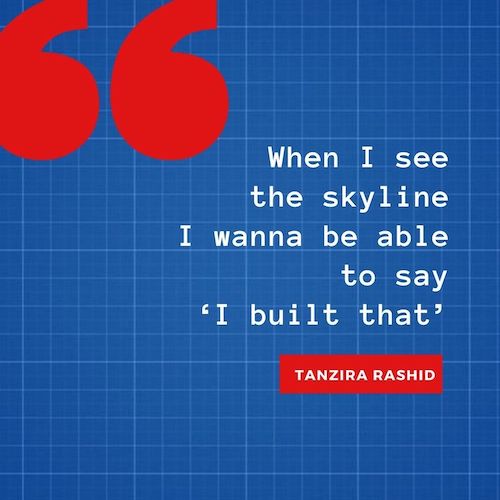
Breaking away from family mandates
SF–What was your parents’ idea of success?
TR–I was always taught that my education was what was going to lead me to success. I agree with that but I also feel like there’s more to life than just your education and it’s good for you to explore your curiosity and hobbies. Success was measured in money and career in my parents’ eyes, though now they understand and support me. Obviously I’d like to be a successful Civil Engineer, but now I care more about leaving my legacy and inspiring other women and girls.
SF–What gave you the confidence to dive to join women in construction despite what your family expected of you?
TR–It may sound small but I always thought that when I see the skyline, I wanna be able to be like ‘I built that’, you know? Sometimes it’s those small things that can spark something bigger. There was also this teacher who really pushed me when I was in 10th grade who supported me but also pushed me to my limits.
My parents finally came around when they were introduced to Tools and Tiaras and they saw the great work we were doing there. They had this idea that construction was only for men, but then they saw this room full of strong, empowering -and empowered- women, and they finally understood where my passion came from.
SF–Were there any other stereotypes that you felt like you needed to break? Are there any misconceptions around women in construction or other fields that you want to prove wrong?
TR–Definitely. The fact that people think women are weak, I got that a lot. In my junior year I was in a Carpentry competition where there were like 20 other guys and maybe 2 women, and these boys thought we couldn’t use power tools.
I also feel like working in construction is so looked down upon. But these people build your houses, they build the roads that you drive on. If it wasn’t for them, we wouldn’t have the things that we do in our daily lives: the bridges that we use, the hospitals… it’s kinda like an underdog. But if it wasn’t for them we wouldn’t have roofs over our heads, our schools, and the list goes on.
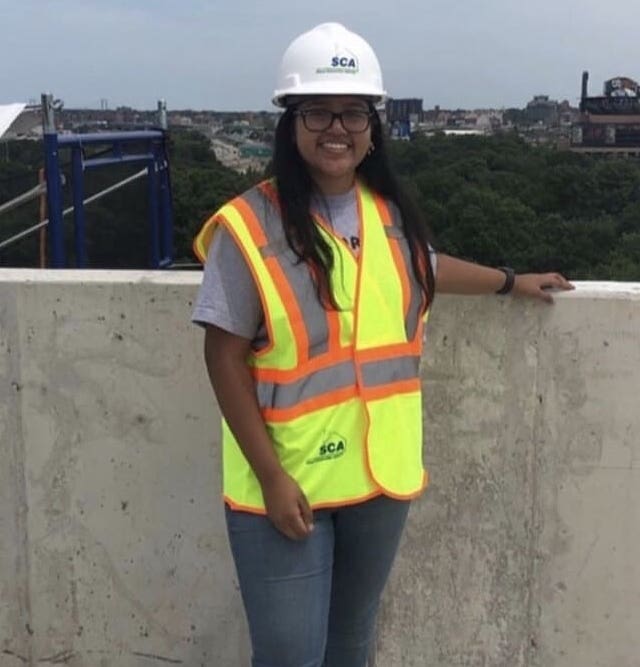
SF–What was that competition about?
TR–In my junior year of high school I was in this organization called SkillsUSA. They had this competition and my teacher was like “we never had a woman go up and represent our school” and I thought it was time to change that. Especially with Tools and Tiaras, I wanted to motivate other girls and leave a legacy in my high school, because there weren’t many women that really wanted to pursue this career so I thought that if I could leave a legacy or a footprint where girls could be like “oh, she did that,” that would make them realize they could do it too.
SF–You mention that there hadn’t been any women that did this before you, do you think this is actually representative of a bigger issue?
TR–Yes, for sure. And I feel like with colored people too, because I was the only person of color there. There wasn’t anyone there that looked like me. I’ve had quite a lot of experience with different companies, programs, internships and organizations and you definitely see how it is a very male-dominated, fairly white field.
SF–How do you feel around men in this industry?
TR–So far I’ve already had experiences where they try to overtake me, or silence me, so I can imagine when I’m working on bigger projects in the industry something like that will also occur, though I hope not, because we’re in this together.
I tend to be a leader, but sometimes people end up taking that as coming off as bossy, which I don’t think is the same. Whereas if a man does the same thing, they’re seen as having it all figured out. When you see a man leading, people think of an “alpha male”, but when there’s a woman in a management position it comes off as bossy, as opposed to her being strong and independent.
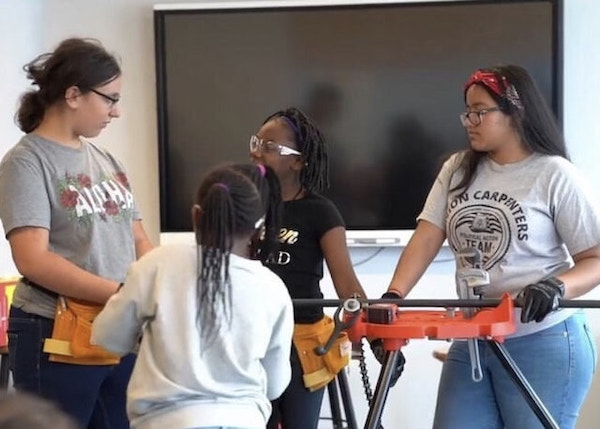
Inspiring girls to get into historically male-dominated fields
SF–What would you tell younger girls going into this field about this?
TR–Just take those leadership positions. At the end of the day, you’re getting the work done and you’re doing it right, so if you deserve to be there. Own it. When you become a leader you are able to notice things differently, so take up that space and be a good leader.
SF–You’ve talked about wanting to leave a footprint, a legacy, what would you want that to be?
TR–I want people to think of me as a courageous, strong, independent woman that took every opportunity that was presented to her, even through rejections. I’ve been rejected a lot of times, but even with that there have come better opportunities. And I wanna be able to inspire the future generations and help them realize that technical and hands-on skills are important. Seek the unknown, don’t stick to boundaries. Even if you don’t have much experience, just be able to take that step, and you never know what may come with it. Be able to take up space and know that you’re meant to be there, that you deserve to be there. Especially for people of color, because for sure we need more representation.
SF–Is there anything else you’d like to add or mention?
TR–In high school I usually went into internships and programs alone. You need to have the courage to go into it and give whatever it takes. Sometimes you don’t know anyone there, but that will also give you the opportunity to meet other amazing people that enjoy the same things as you, and inspire others to join in as well. You can be a strong independent woman if you believe in yourself. Be unapologetically yourself and a fearless warrior.
